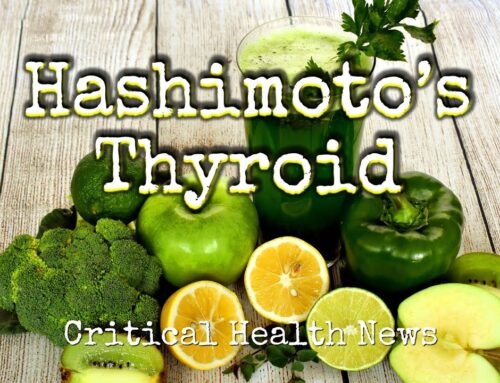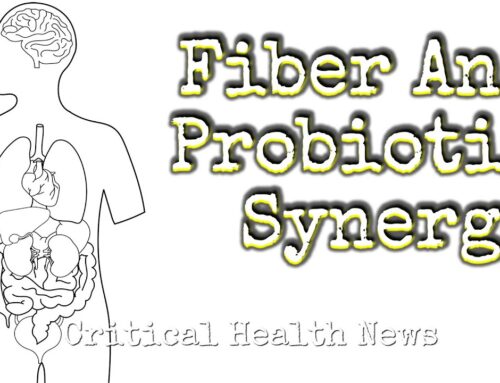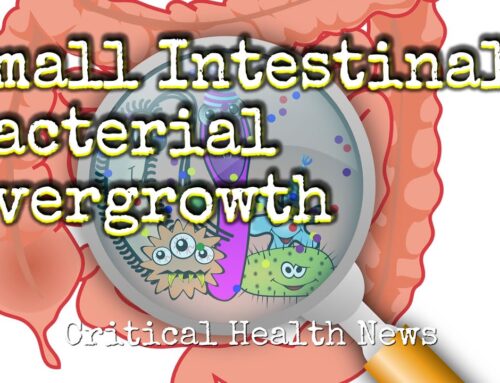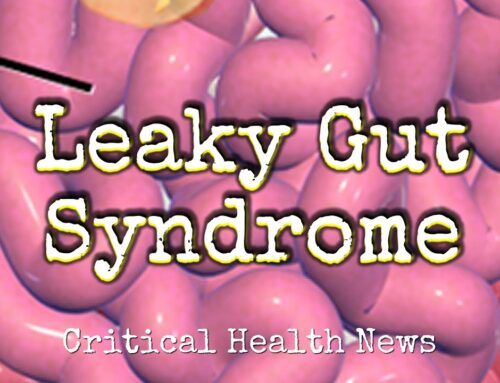While they’re not essential, taking enzyme supplements with meals can be an important way to support digestive functioning, help with nutrient processing and absorption and support stomach and intestinal health. Although there are various types of enzymes available in supplemental form, all of which can be helpful, including lipases for dissolving fats and amylases for dissolving carbs, the main ones are the proteases, which dissolve proteins. Because of the relationship between incompletely broken down proteins and autoimmunity, they can be especially helpful for patients who are dealing with psoriasis, rheumatoid arthritis, scleroderma Hashimoto’s, thyroid and other autoimmune diseases.
These protein busting enzymes will be labeled as “bromelain”, which is derived from pineapple or “papain”, which comes from papaya. Sometimes they’ll just be called protease. Because protease requires a low pH for their activation, many supplement formulas will include an acidifying component called the betaine HCl. The neat thing about this substance is, in addition to the acidifying HCl molecule it contains, betaine, which provides beneficial health promoting properties all by itself, contributes something called a “methyl group” that can help lower a pro-inflammatory age accelerating disease-causing chemical called homocysteine and can also activate various bio chemicals including melatonin, glutathione and serotonin.
Methyl contribution also plays a major role in protecting the body from estrogen toxicity. Using betaine may be helpful for women who are dealing with PMS, endometriosis, fybroid cysts and other female reproductive issues. If you’ve been diagnosed with the deficiency in the methylating enzyme MTHFR, you might also want to consider using some methyl supplementation with a daily dose of betaine.










